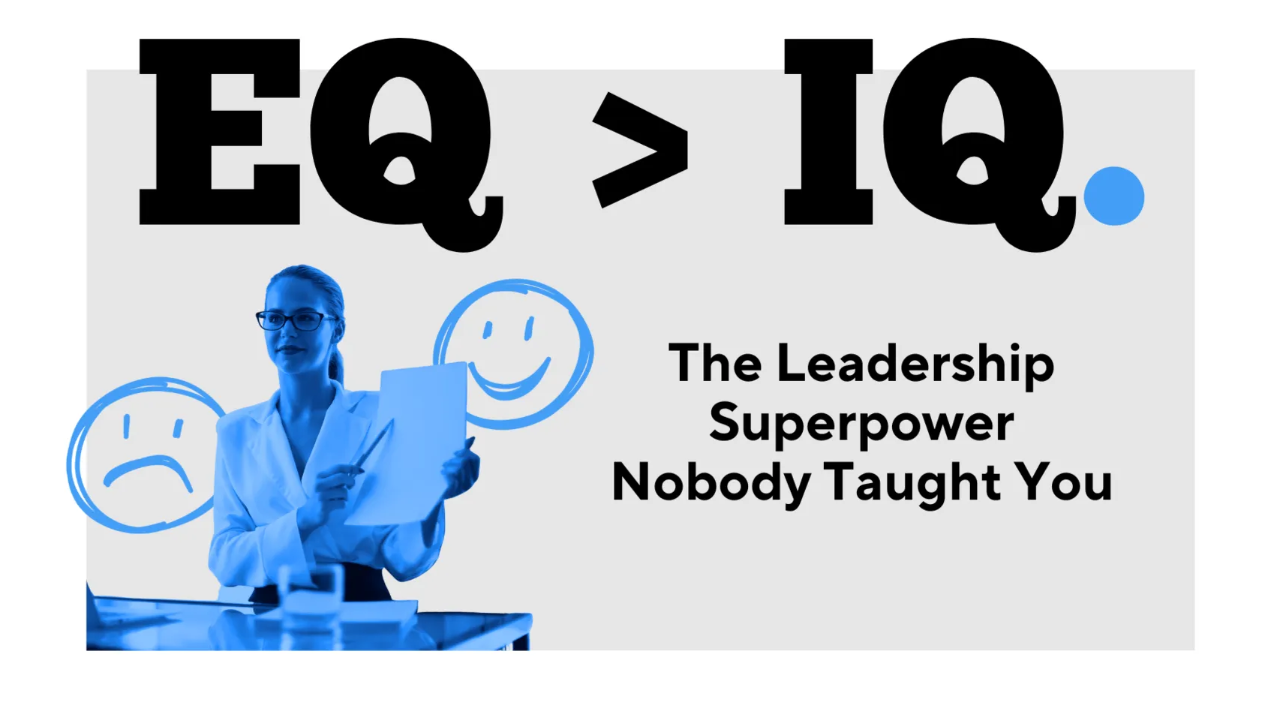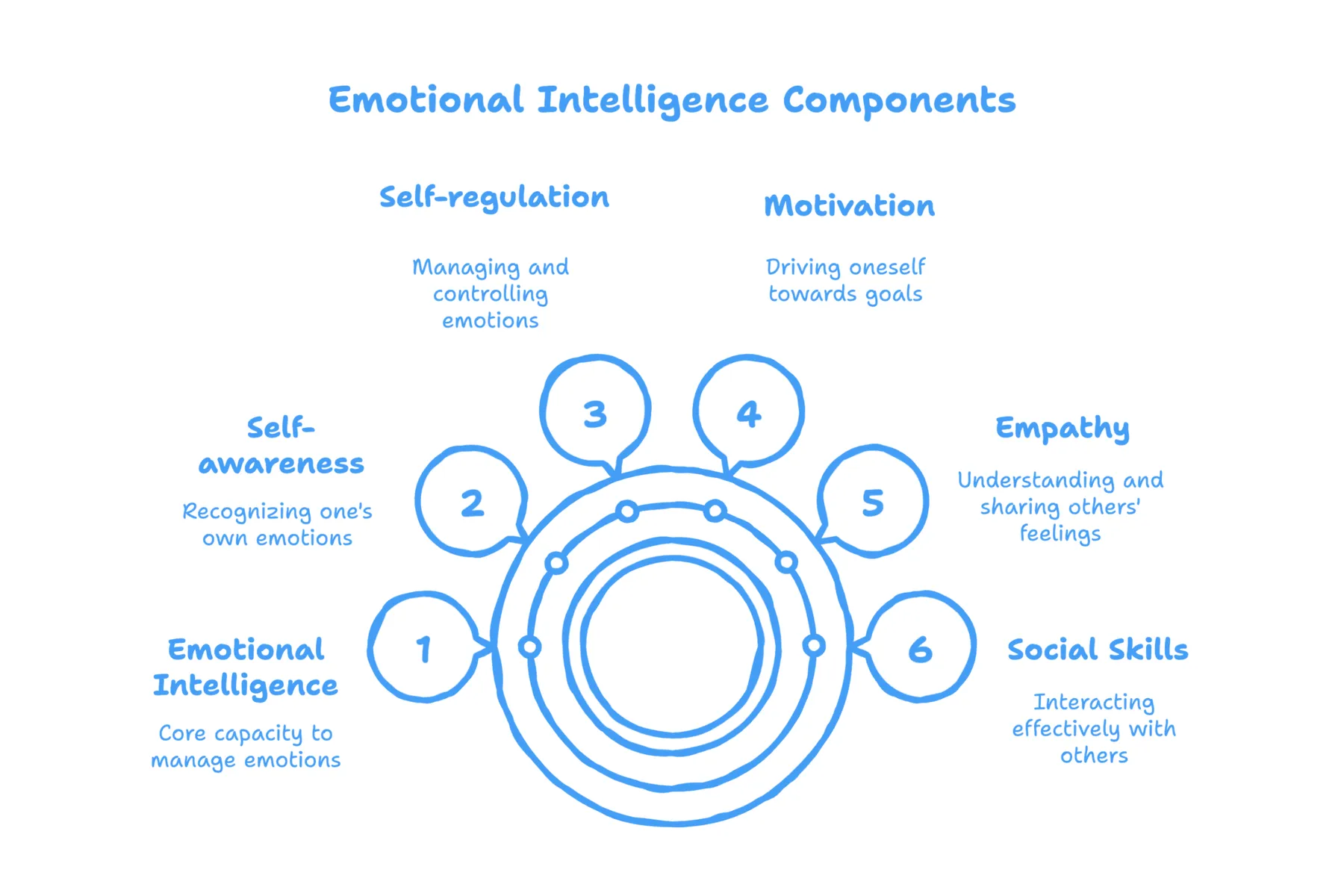Facts move plans forward, but feelings move people forward. Emotional intelligence (EQ) is often mislabeled as soft, when in reality it is one of the smartest tools a leader can possess. It is the ability to read the room, to recognize unspoken signals, to diffuse tension before it escalates, and to build trust that endures. In today’s business climate, emotional intelligence is not just an advantage. It is an imperative.
We are not in a normal moment. Organizations are navigating economic uncertainty, political polarization, cultural division, and the lingering effects of hybrid disconnection. Employees are more anxious, more isolated, and more overwhelmed than ever. In this environment, leaders who rely solely on strategy and technical skill will fall short. Emotional intelligence is what makes leadership sustainable. It is what keeps teams engaged, loyal, and aligned when the external world feels anything but stable.
So what exactly is emotional intelligence? At its core, it is the capacity to recognize, understand, and manage your own emotions, and to do the same with others. It rests on five key components: self-awareness, self-regulation, motivation, empathy, and social skills. Unlike IQ, which is relatively fixed, EQ can be developed and strengthened over time. That trainability makes it one of the most powerful areas of growth for any leader who wants to connect more deeply and lead more effectively.



